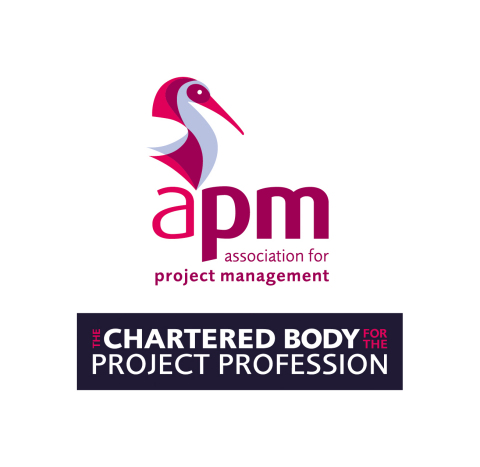Understanding Agile in Project Management
Understanding Agile in Project Management
LONDON--(BUSINESS WIRE)--Association for Project Management (APM), the chartered body for the project profession, has launched its latest research study Understanding Agile in Project Management, carried out with the University of Southampton.
While not surprisingly, software development and IT remain the most common areas where agile methods are applied, other sectors, including consultancy, construction, aerospace and defence, central government, financial and professional services, energy and utilities, and higher education are adopting agile techniques to manage projects.
APM’s research presents evidence to suggest the wider adoption and implementation of agile will continue, showing that the majority (68 per cent) of respondents to the survey claim they are going to practice more agile in their projects in the future.
What are the benefits of agile?
The research reveals that the adoption of agile carries many potential benefits for projects and project organisations. The majority of research participants (76 per cent) claim that agile brings positive effects to project performance including:
- Enhanced quality
- Enhanced ability to manage priorities
- Shortened delivery time
- Improved customer satisfactions
- Reduced risks against changing environments
- Better project visibility
- Improved team morale and productivity
Martin O’ Neill, a member of APM’s Understanding Agile in Project Management steering group and Advanced Certified Scrum Master commented: “The agile values and principles with a range of supporting frameworks, tools, techniques and methodologies mean agile can be successfully applied to various types of projects across industry sectors in a tailored way.
“A well implemented agile project can be a win-win-win for individuals, projects, and organisations.”
What are the challenges?
Applying agile can require changes to the existing organisational structure and management at both project and organisation levels. Five of the challenges identified in applying agile are:
- The lack of understanding from employees
- Inconsistency across project teams and the organisation
- General resistance to change
- Lack of alignment with compliance guidelines/frameworks
- Insufficient management inputs/participation
Cultural readiness for agile
The research shows that, overall, organisations’ competency and culture are not yet fully ready for agile, with only 15 per cent of research participants rating their organisation’s agile competency as high, and only 20 per cent rating their agile cultural readiness as high. The majority of participating organisations having less than five years of experience in practicing agile.
The importance of leadership in agile
The importance of leadership in promoting agile cannot be overstated. In most cases, the resources and cross department collaboration can hardly be achieved without leadership buy-in and/or organisational support. Without the support of leaders, agile can even develop into dysfunctionality and potentially becomes a major risk
On Thursday 10 March at 12.30 APM is hosting a LinkedIn Live session on agile with the authors of the research:
- Professor Nicholas Dacre, Associate Professor of Project Management, Director of the Advanced Project Management Research Centre (APROM), University of Southampton
- Dr Hao Dong, Lecturer in Operations and Project Management, Advanced Project Management Research Centre (APROM)
- Martin O’Neill, a member of the Understanding Agile in Project Management steering group and Advanced Certified Scrum Master
APM has a variety of resources available about agile, including a learning module (for APM members) called Agile techniques for all projects, which looks at how any project can benefit from agile. Visit apm.org.uk/apm-learning/
Contacts
Hayley Mountstevens
Hayley.mountstevens@apm.org.uk
